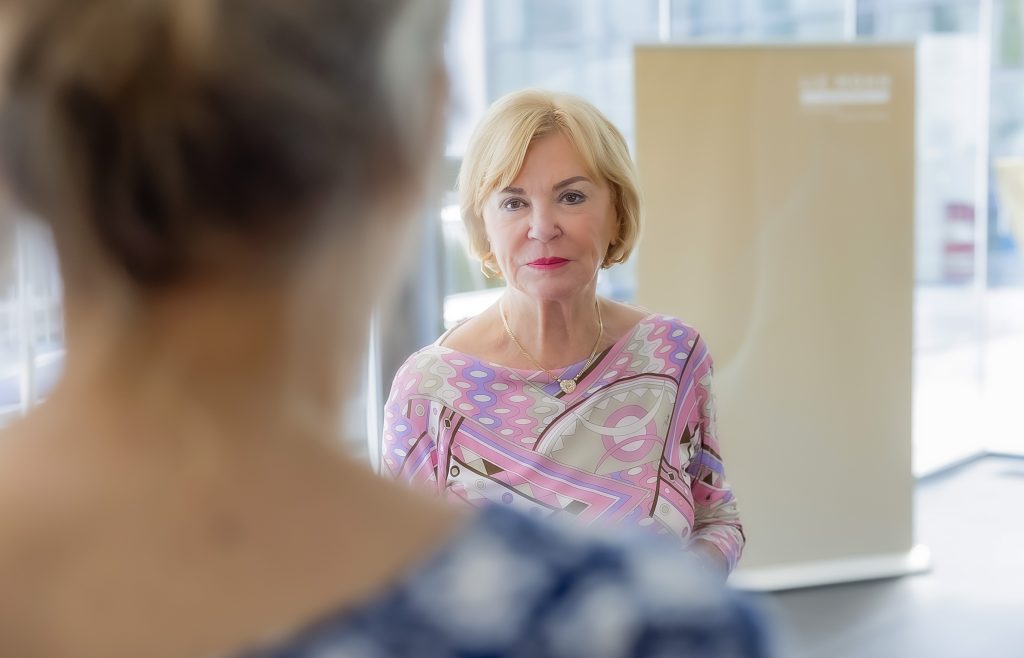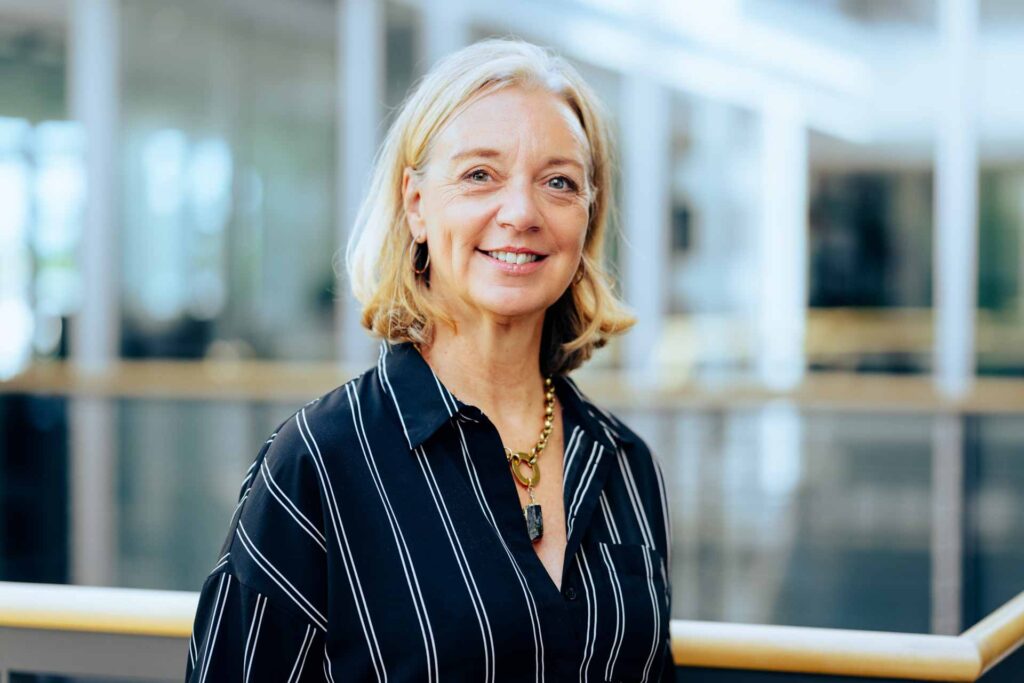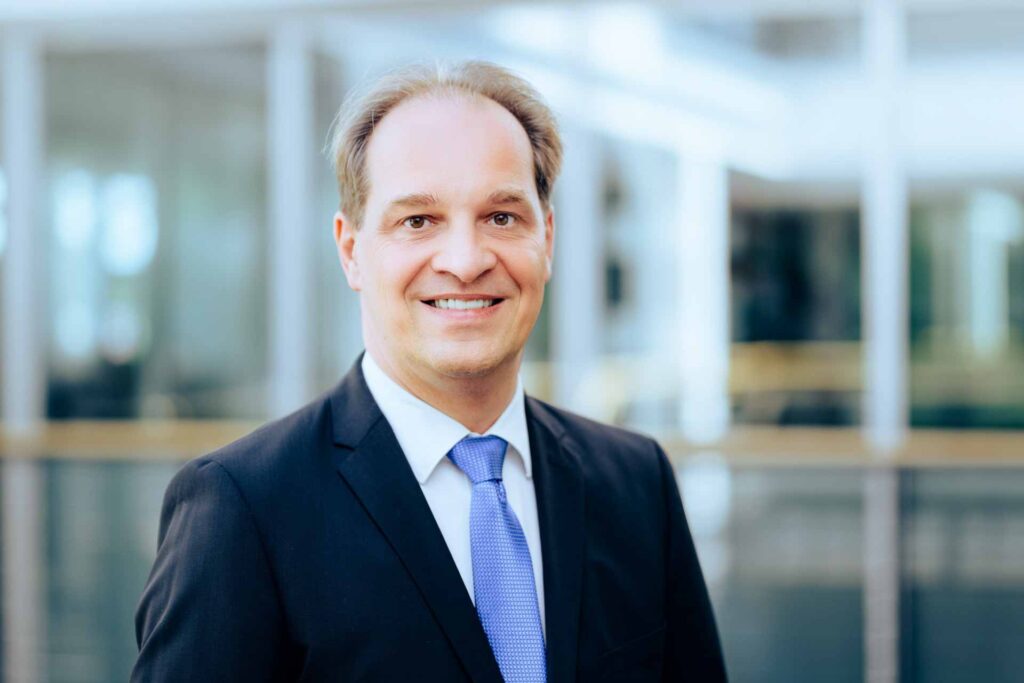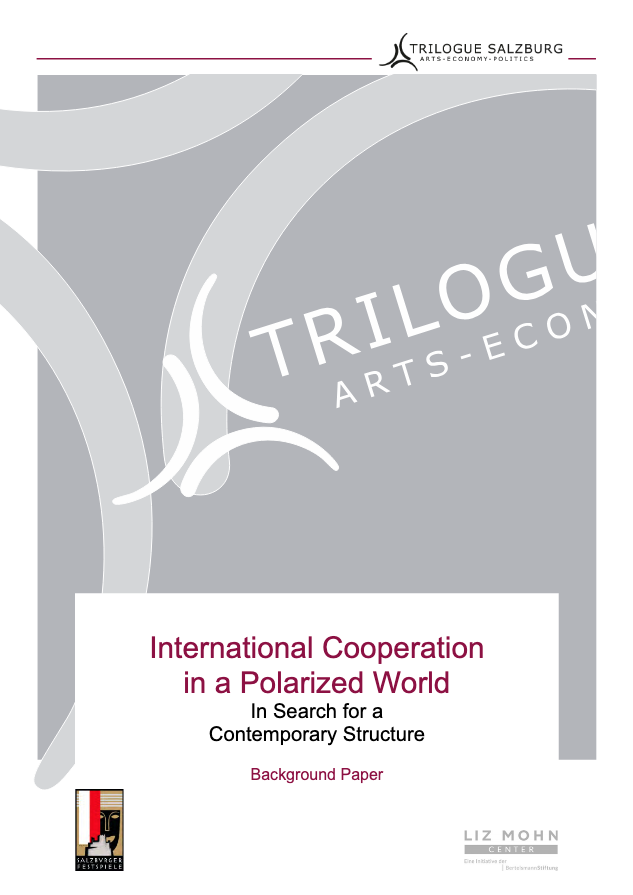33 experts from politics, business and culture from 17 countries accepted the invitation of the President of the Liz Mohn Foundation to the city of Mozart. The focus was on the question of the areas in which more objective dialog can be re-established against the backdrop of international challenges.
In her opening speech, Liz Mohn pointed out that the world is constantly changing. “We are once again experiencing upheaval in the world, but an upheaval without a new beginning. An upheaval with many crises and conflicts. Whereas 30 years ago the East-West conflict was resolved through largely peaceful revolutions, today borders are being pushed back by force (…). With the Salzburg Trilogue, we are showing that we do not want to accept this situation. Here, We want to bring people together .”
Globalization has been a defining element of the discussions at the Trilogue Salzburg in recent decades, with the number of crises and conflicts constantly increasing: thinking of the war against Ukraine, the global corona crisis, international terrorism, cross-border crime and the sharp rise in cybercrime.
Against this backdrop, the question arose as to how international cooperation could still function at all. The topic was therefore more current than ever: “International Cooperation in a Polarized World – In Search for a Contemporary Structure”.
The discussion was moderated by former Austrian Chancellor Wolfgang Schüssel. He emphasized that trust in politics and the media in particular had fallen to a new low and that the polarization of society was increasing.
Lessons from the past and plans for the future
In the course of an intensive exchange of ideas, the participants discussed the uncertainty and dangers, but also the opportunities and possibilities that emanate from greater digitalization with its ambivalent effects such as fake news and artificial intelligence.
The lessons that can be learned from the coronavirus pandemic were also part of the discussions. One initial insight: the international order is in urgent need of reform. The old order has not died yet – a new one has not been born yet. This would result in uncertainty and volatility, which would increasingly lead to conflict. There cannot and will not be a return to the old order. All considerations for a new structure of international relations must be based on this. Europe and the USA in particular would have to deal more honestly with the question of how they are perceived by the rest of the world. It will be increasingly important to understand the position of the other side. Art and science could serve as a starting point here. The world needs genuine international cultural exchange much more than foreign cultural policy.
Designing elements of a contemporary structure
The systemic conflict between the US and China is increasingly overshadowing the international order. The participants agreed that Europe could and should play a more active role. China is not only exporting its ideology, but also serving as a best-practice example of economic development for other countries. The narrative of the USA as the “shining city on the hill” has been untenable for years. Future narratives, including in Western countries, should be enriched with positive elements. We don’t need administrative catch words, but positive storytelling. “Encourage the best, discourage the worst and put it into understandable words,” said one participant.
Pay attention to children and young people
The young generation has also often become the focus of discussions. Young people, especially in the climate movement, have put increasing pressure on institutions in recent years. The participants agreed that the younger generation should be more involved in social exchange in the future. Otherwise, there is a risk of a progressive erosion of democracy, which threatens stability. Liz Mohn said: “We should listen to young people and take their concerns and wishes seriously.”
International politics requires leadership
The discussion also highlighted that leadership and pioneering work are essential in the current international situation. Accordingly, international politics must adopt lessons from leadership research. It should not wait until a dominant power develops proposals for a new overall order. Rather, pioneers in individual areas could play an important role.



